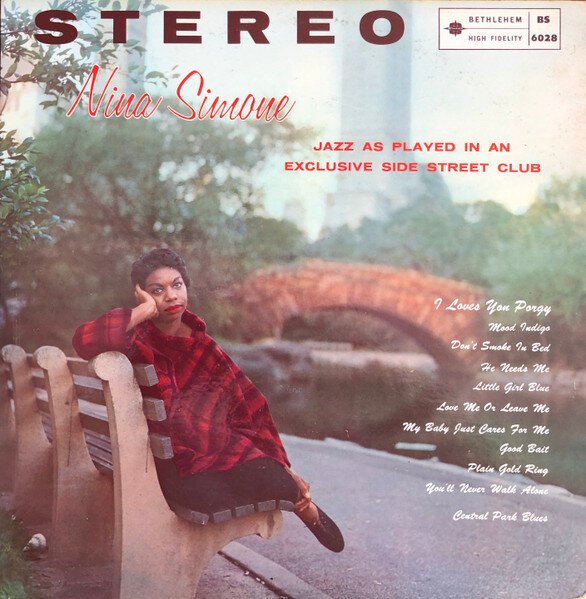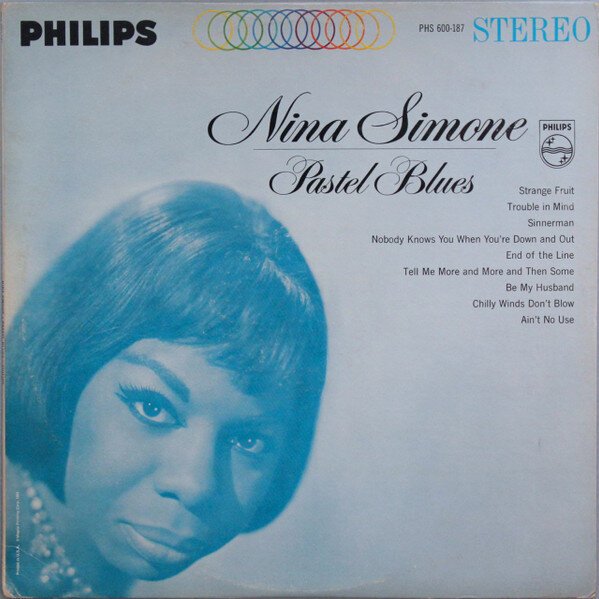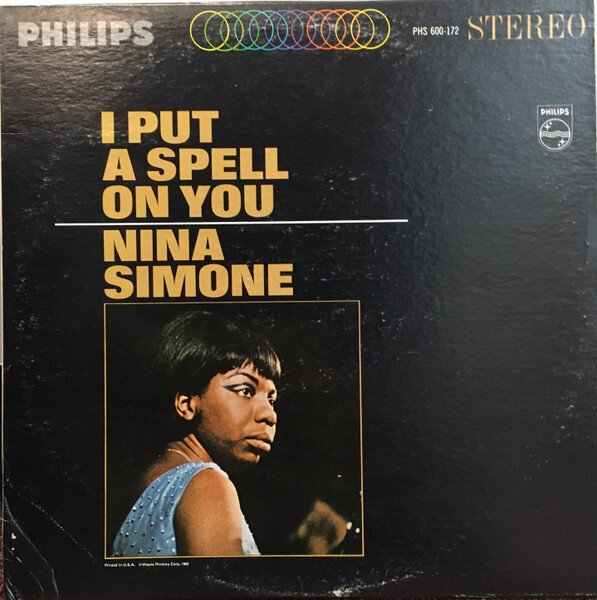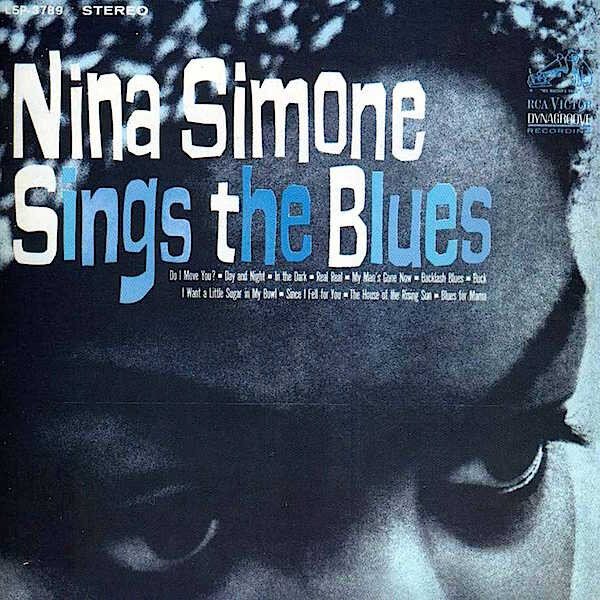Nina Simone — The Voice of Freedom and Soul
When Nina Simone first emerged from the piano bars of Atlantic City in the late 1950s, the world
was introduced to a sound like no other — classical poise infused with the raw emotion of jazz, blues, gospel,
and protest. Born Eunice Waymon in North Carolina, she trained to be a concert pianist before turning to popular
music when denied entry to classical institutions because of her race.
From that moment, Simone reshaped modern music. Her voice — dark, fierce, and tender — carried not just melody,
but conviction. Each note balanced beauty and defiance, from whispered intimacy to thunderous power. Through her
songs, she gave voice to the civil rights movement, to love, and to pain — demanding to be heard.
By the 1960s, Simone’s performances had become more than concerts; they were declarations. Tracks like
"Mississippi Goddam,” "Four Women,” and "To Be Young, Gifted and Black” defined a new era of activism in art.
And yet, even in her most political moments, her music never lost its sense of grace.
Across her decades-long career, Nina Simone recorded over 40 albums — from intimate live sessions to sweeping
studio works — leaving behind a legacy of fearless authenticity. Her music still speaks across generations,
reminding listeners that truth, when sung, can change the world.
Milestones
- 1957: Debut album Little Girl Blue introduces her poised yet emotive style.
- 1964: Releases protest anthem "Mississippi Goddam”, a defining civil-rights statement.
- 1965: Pastel Blues features the towering "Sinnerman.”
- 1969: "To Be Young, Gifted and Black” becomes an anthem of pride and hope.
- 1970s–1980s: International tours and recordings blend jazz with global folk elements.
- 2003: Passes away in France; her voice remains a symbol of truth and freedom.
Iconic Albums

Little Girl Blue (1957)
Her stunning debut — jazz poise with emotional depth.

Pastel Blues (1965)
Includes "Sinnerman,” a spellbinding 10-minute spiritual storm.

I Put a Spell on You (1965)
Sophisticated orchestration meets soul-piercing vocals.

Nina Simone Sings the Blues (1967)
Raw, earthy, and unfiltered — her essential statement.
Essential Songs
- Feeling Good
- Sinnerman
- My Baby Just Cares for Me
- I Loves You, Porgy
- Mississippi Goddam
- To Be Young, Gifted and Black
Did You Know?
- Classically trained, she once aspired to be a concert pianist at Carnegie Hall.
- "Mississippi Goddam” was banned in several states — she performed it anyway.
- Her influence spans generations, inspiring artists from Aretha Franklin to Lauryn Hill.